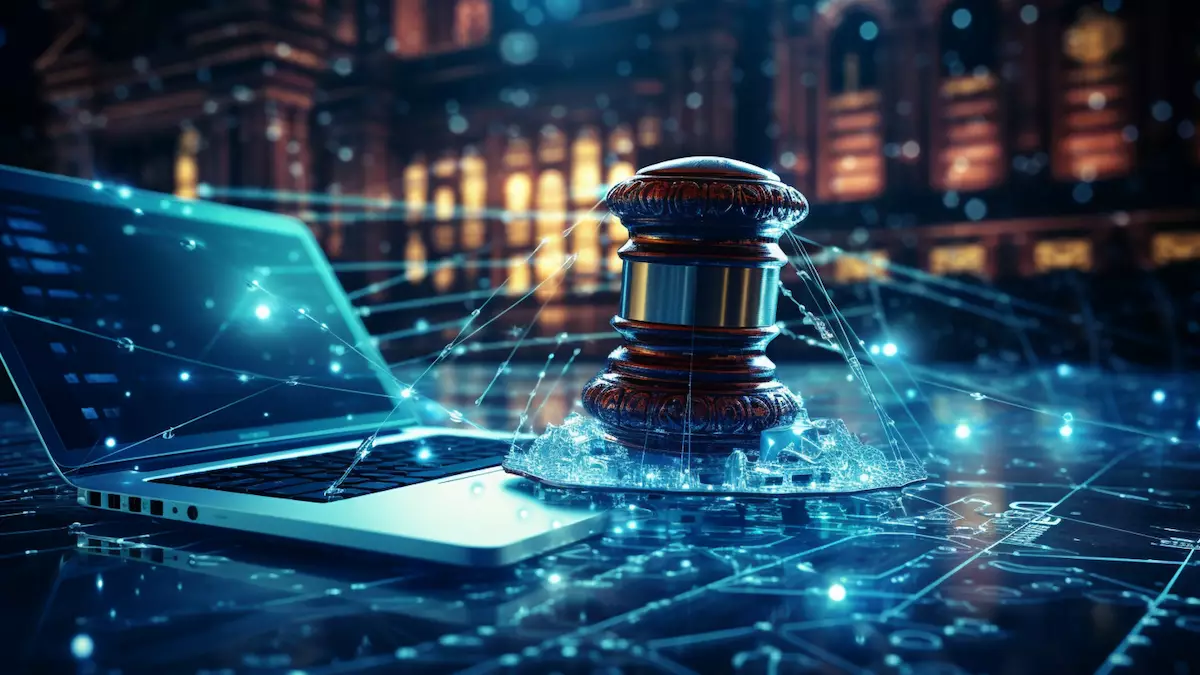DraftKings, a well-known online sportsbook operator, is currently facing legal challenges, most notably the Draft Kings NFT lawsuit. A recent decision by a US District Judge in Massachusetts has denied DraftKings’ motion to dismiss a class action lawsuit related to its NFTs. This ruling has significant implications for the classification and regulation of NFTs in the future.
The class action lawsuit, brought forth by Justin Dufoe, alleges that DraftKings violated federal securities laws through its NFT offerings. Dufoe argues that the sports-themed NFTs on the Polygon blockchain qualify as investment contracts under the Howey Test. This test, established by a Supreme Court case in 1946, sets criteria to determine if an asset is considered a security. The lawsuit claims that federal law should regulate the NFTs as securities.
US District Judge Denise Casper ruled that the plaintiffs met the Howey Test criteria, stating that the NFTs involved an investment of money in a common enterprise with an expectation of profits. This aligns with the horizontal commonality aspect of the Howey Test, where investors share in profits and risks. The court found that the NFTs met the criteria for investment contracts, setting the stage for a legal battle over the classification of NFTs as securities.
If the classification of NFTs as securities is upheld, DraftKings could face significant financial and operational consequences. The revenue generated from NFT sales was reinvested into the company, and efforts to maintain investor interest were crucial for driving capital appreciation. Similar cases, such as the ruling against Dapper Labs, have resulted in substantial penalties for companies deemed to be selling unregistered securities.
The ongoing legal uncertainty surrounding NFTs and their classification under securities law presents a significant challenge. The outcome of the court battle against DraftKings could set a precedent for the classification of NFTs as securities. The industry will be closely monitoring this case, as it could shape the future legal landscape for digital assets.
The legal proceedings against DraftKings highlight the complex and evolving nature of NFT regulation. The outcome of this case could have far-reaching implications for the industry and could potentially reshape investments in NFT technology. As the legal battle continues, the digital asset market will be watching closely to see how NFTs are classified in the eyes of the law.
















Leave a Reply